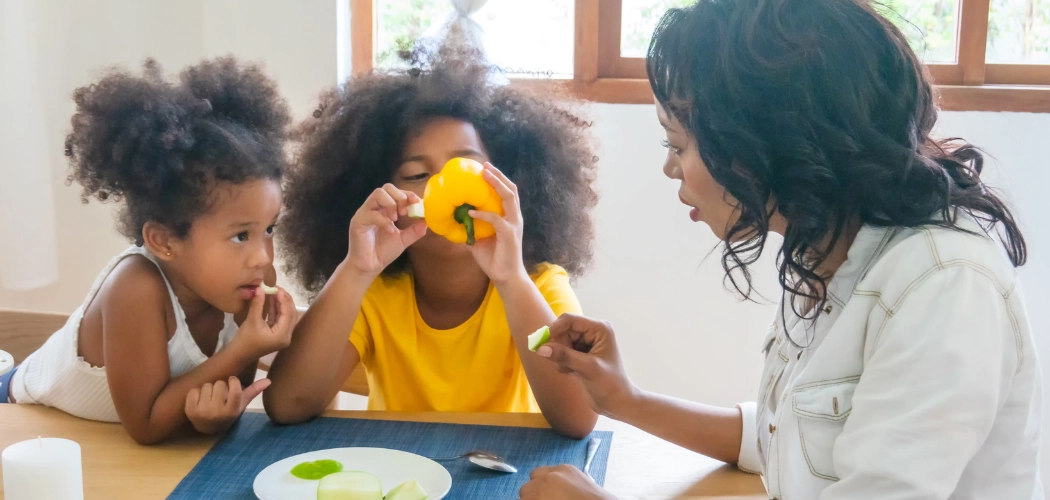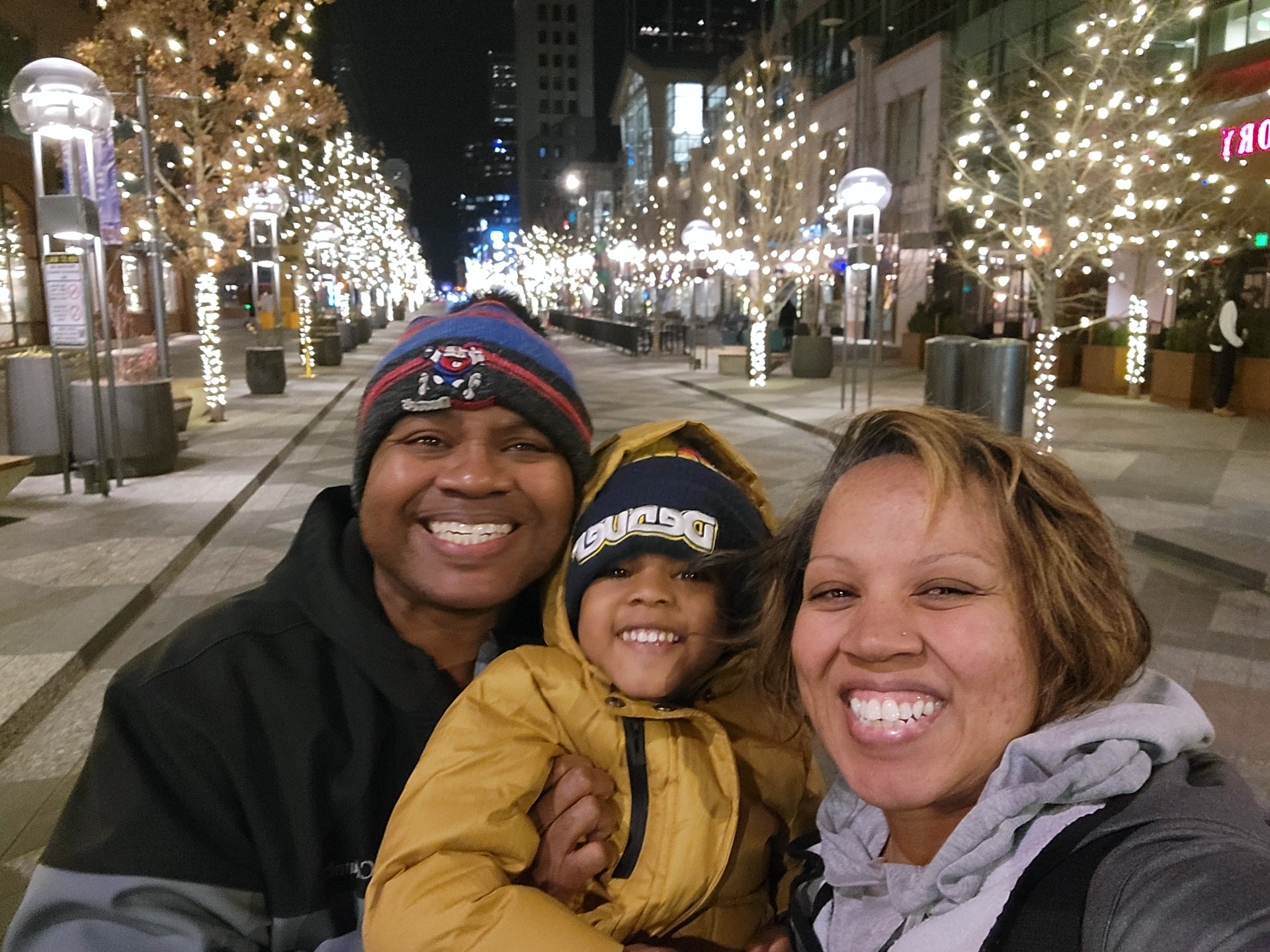My husband married a woman unlike the women in his family. His mother and sisters are logical, organized and have lots of common sense. They’re great planners, they can spot a problem from a mile away. They’re brilliant, gorgeous, funny. I, however, have been described since childhood as, right-brained, spontaneous, laid back and messy. My second grade teacher prophesied I’d lose my own head were it not attached to my body.
When I first became a mom, I felt insecure and inadequate parenting in front of these women, with such different temperaments than my own. I love them and wanted to be on their same page, which I assumed was superior to mine. I anxiously tried to predict the ways they wanted things to be done. I worked overtime trying to keep my kids’ things picked up, and vigilantly tried to imitate their ways. I was hyper-sensitive and afraid of criticism (which they never spoke). I felt discouraged and avoidant. I didn’t feel competent in my ability to be a “good” mom. I was seeking uniformity with and approval from external sources. Ugh, that is hell!
What do I have to offer?
As the years have passed (my oldest baby is now 8) I’ve grown in my self-understanding and acceptance. I’ve had to accept the answer to the question: What unique attribute do I contribute to this mix of people? Homogeneity is clearly not God’s design. We are all different, unique and distinct members of one body of humanity. We each play a distinct role. And we are most effective when we do not envy or copy the roles of others. Let’s be honest, being the copycat is super boring, exhausting and not brave at all.
I have come to realize that my messy, laid back ways – while resulting in many, “Oops!” moments that left-brained moms can anticipate – have many benefits. I am good at helping kids have unique experiences and opportunities to learn firsthand how the world works. For instance, apple juice in dollar store wine glasses has resulted in an exciting learning experience for my children: scrambling up onto the kitchen counter to watch Kelley play hazmat team, educating everyone on how to safely sweep up broken glass while simultaneously de-stickifying the floor … I could go on.
What do I get to learn?
When I became more grounded in the limits and benefits of who I was made to be, I experienced less self-doubt and insecurity. I could view my in-laws with an open heart and seek to learn from them. “Learning from” and “being influenced by” are entirely different postures than imitating, judging or competing. When I was able to learn that, I brought less tension to the air when I was around my family. I could ask questions about their thoughts and ways, and curiously watch their awesome ability to pack a bag or car without them looking like the job was done by a hoarding refugee. I relaxed and let them lead in their areas of strength. Joking came easier. I can now see that they admire (and have compared themselves to) my creativity and bravery. And now, there is no denying that my wild brood does indeed still possess all their fingers and eyeballs even though I let them use real knives in our family pumpkin carving sessions.
Peaceful coexistence with female in-laws has been a famously tall order throughout the generations. I believe it is made possible in part through a persevering commitment to self-acceptance, the humility to admire the strengths of women different from ourselves, and the bigness to patiently offer grace and encouragement even if they are unable, as of yet, to offer the same kindness back to us.
Kelley Gray has been a private practice psychotherapist in the Denver area for 14 years. She is passionate about promoting growth, healing and making messes with her daughters.





